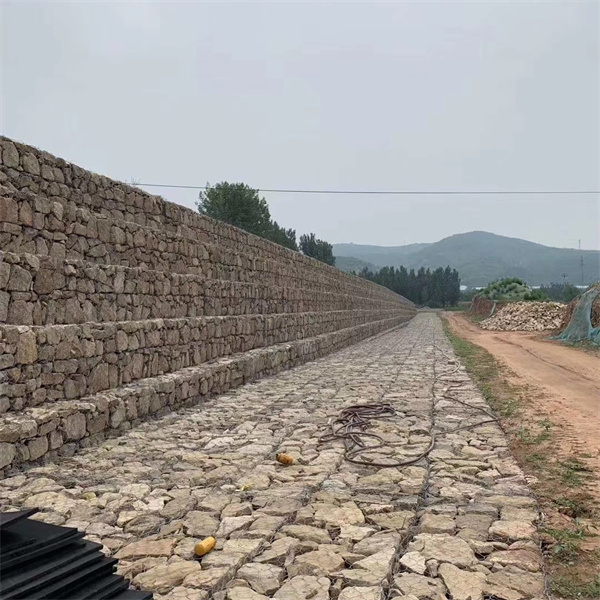Aug . 21, 2024 13:34 Back to list
Top Stones for Gabion Wall Manufacturing and Design
The Best Rocks for Gabion Walls A Comprehensive Guide
Gabion walls have gained popularity in recent years as effective solutions for erosion control, landscaping, and structural reinforcement. These sturdy walls are formed from wire mesh cages filled with rocks or stones, creating a resilient barrier. However, the choice of rock is crucial for the performance, appearance, and longevity of gabion walls. This article delves into the best rocks for gabion walls and how to select them from factories.
1. Durability and Strength
The primary function of gabion walls is to withstand external pressures and environmental conditions. Therefore, the rocks selected must possess high durability and strength. Granite and basalt are two of the most recommended materials due to their dense, hard nature, which makes them resistant to weathering, crushing, and erosion. Their structural integrity ensures that gabion walls remain stable over time, even under heavy loads or adverse weather conditions.
2. Availability and Cost
When sourcing rocks from factories, consideration of availability and cost is essential. Limestone is another commonly used type of rock in gabion construction. It is relatively inexpensive and widely available in many regions. However, it’s essential to choose high-quality limestone that is less porous to avoid issues related to erosion or disintegration over time. Factories that produce limestone often provide an affordable option for larger projects without compromising on quality.
Gabion walls are not just functional; they can also enhance the aesthetic value of a landscape. Selecting rocks with varied colors and textures can make a gabion wall visually appealing. River rocks or pebbles are ideal for those looking to create a more natural look. These smaller, rounded stones can be sourced from local quarries or riverbeds and can provide a unique character to the wall. Factories that specialize in decorative stones often have a variety of colors and sizes available, allowing for customization according to design preferences.
best rocks for gabion walls factories

4. Environmental Considerations
Sustainability is an increasingly important factor when selecting materials for construction. When sourcing rocks for gabion walls, it's advisable to consider the environmental impact. Utilizing locally sourced materials can minimize transportation emissions and support local economies. Additionally, some factories offer recycled materials or sustainably harvested stones that can serve as excellent options for environmentally conscious builders.
5. Size and Shape of Rocks
The size and shape of the rocks chosen for gabion walls play a significant role in their effectiveness. Generally, the stones should be between 4 inches and 12 inches in diameter to fit snugly in the gabion baskets. Irregularly shaped rocks tend to interlock better, providing increased stability to the wall. Factories that specialize in gabion materials can provide sizing guidelines and help ensure that the stones selected will meet the structural requirements of your project.
6. Installation Considerations
Finally, the ease of installation is another crucial factor. Larger rocks may require heavy machinery for placement, while smaller stone selections can often be handled by hand. When selecting rocks from factories, it is beneficial to discuss the logistics of delivery and installation with suppliers. Many factories offer support and advice for the installation process, ensuring that the project runs smoothly.
Conclusion
Choosing the right rocks for gabion walls is essential to their performance and longevity. Durable materials like granite, basalt, and limestone offer strength, while river rocks can enhance aesthetic appeal. Always consider factors such as availability, sustainability, size, shape, and installation ease when selecting rocks from factories. With careful selection, gabion walls can be both functional and beautiful, providing lasting benefits in various environments.
-
Visualizing Gabion 3D Integration in Urban Landscapes with Rendering
NewsJul.23,2025
-
The Design and Sustainability of Gabion Wire Mesh Panels
NewsJul.23,2025
-
The Acoustic Performance of Gabion Sound Barriers in Urban Environments
NewsJul.23,2025
-
Mastering the Installation of Galvanized Gabion Structures
NewsJul.23,2025
-
Gabion Boxes: Pioneering Sustainable Infrastructure Across the Globe
NewsJul.23,2025
-
Custom PVC Coated Gabion Boxes for Aesthetic Excellence
NewsJul.23,2025
-
Installation Tips for Gabion Wire Baskets in Erosion Control Projects
NewsJul.21,2025






